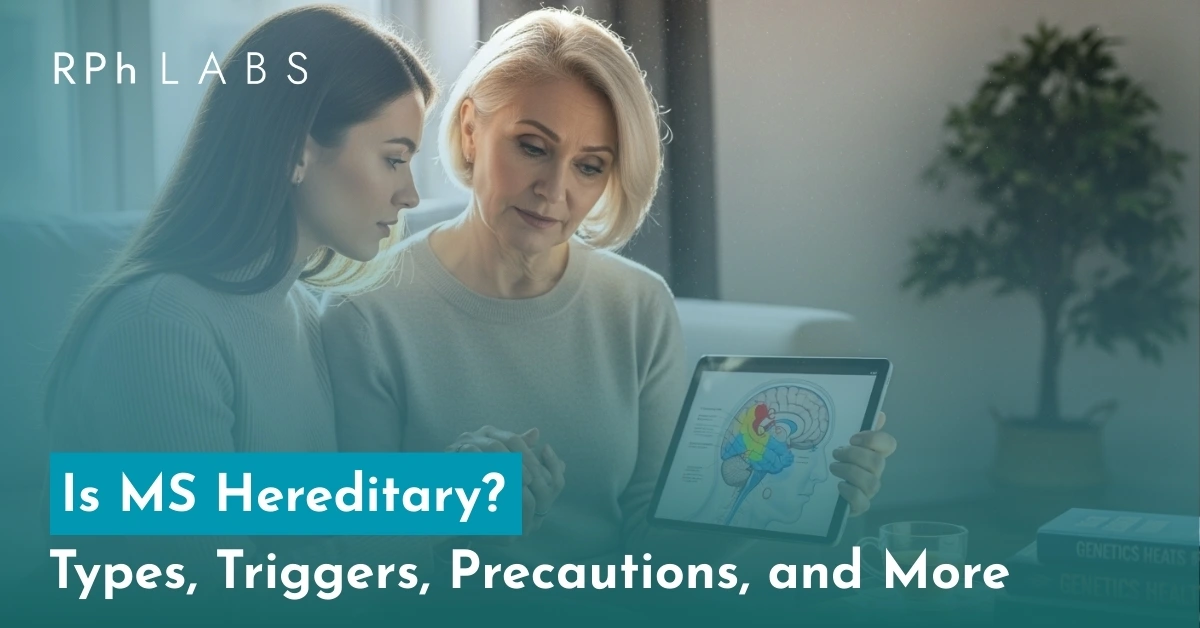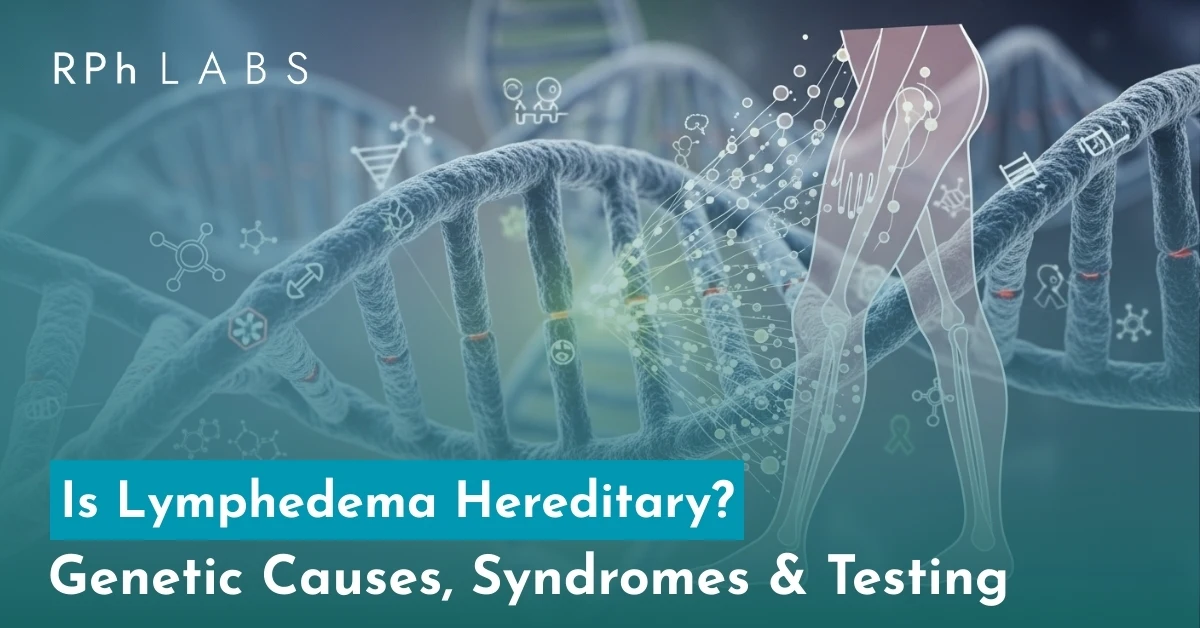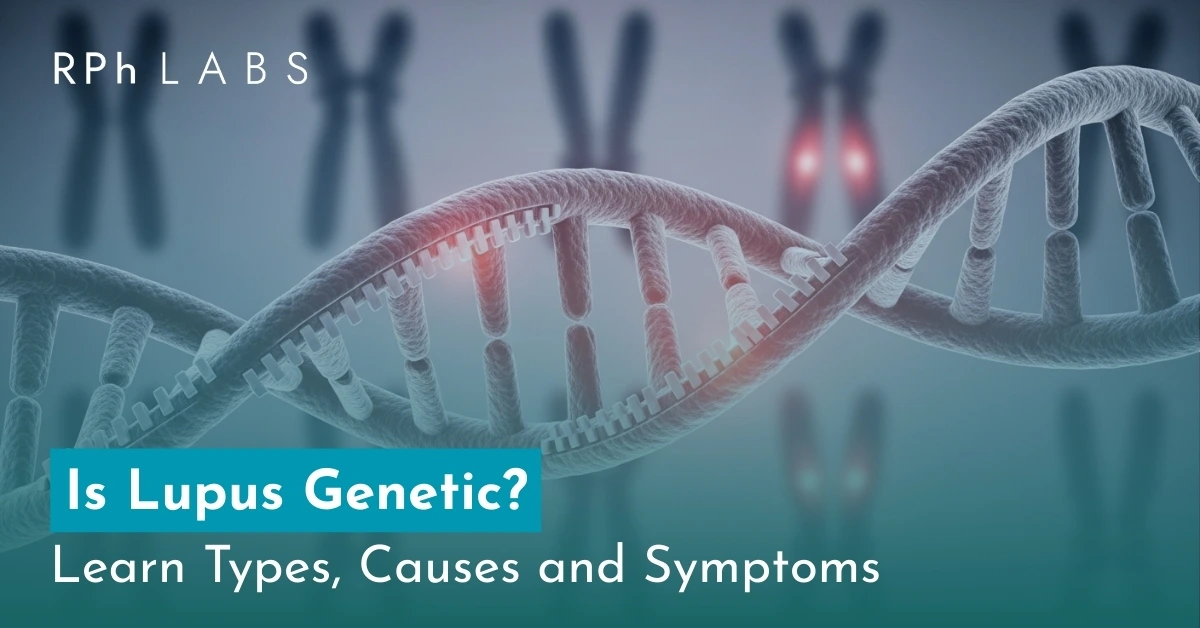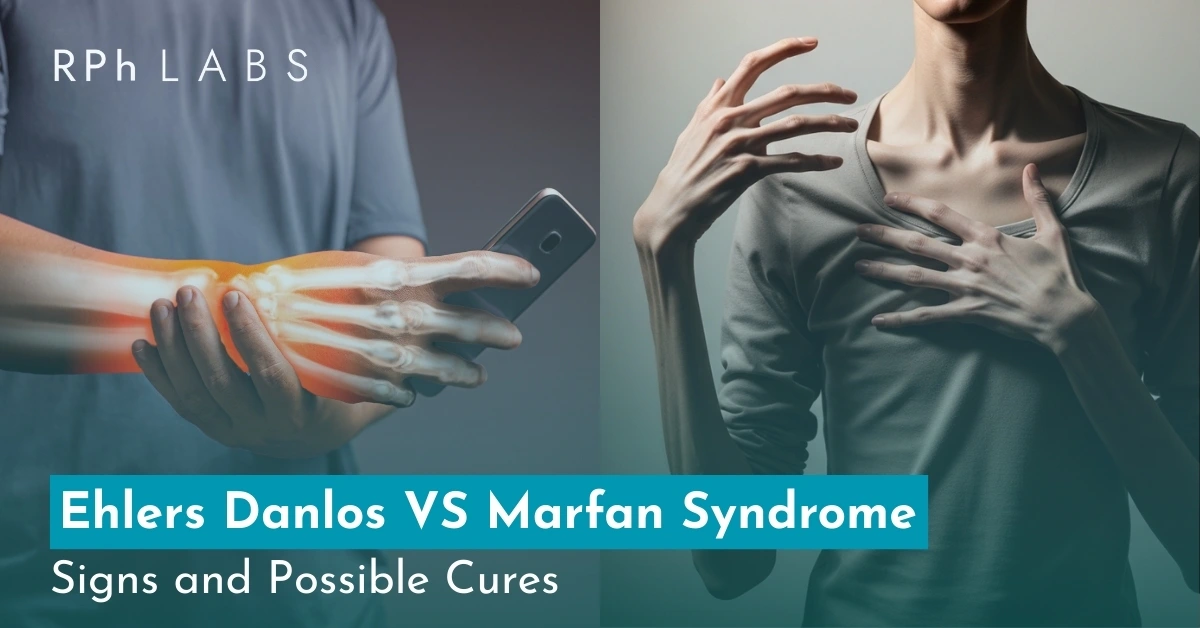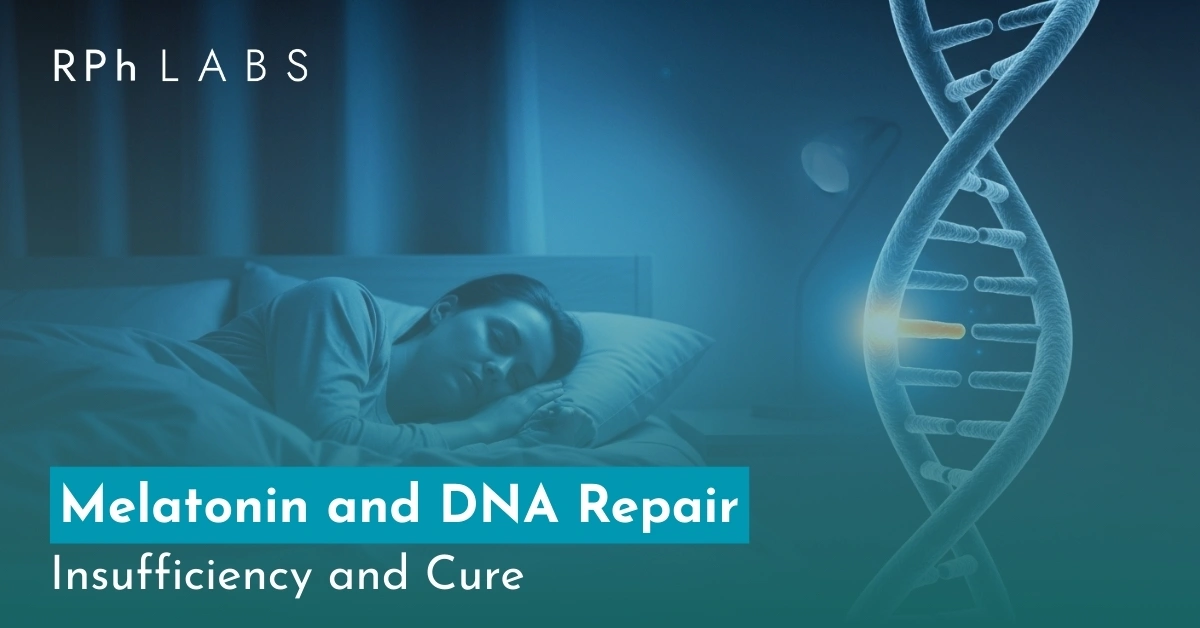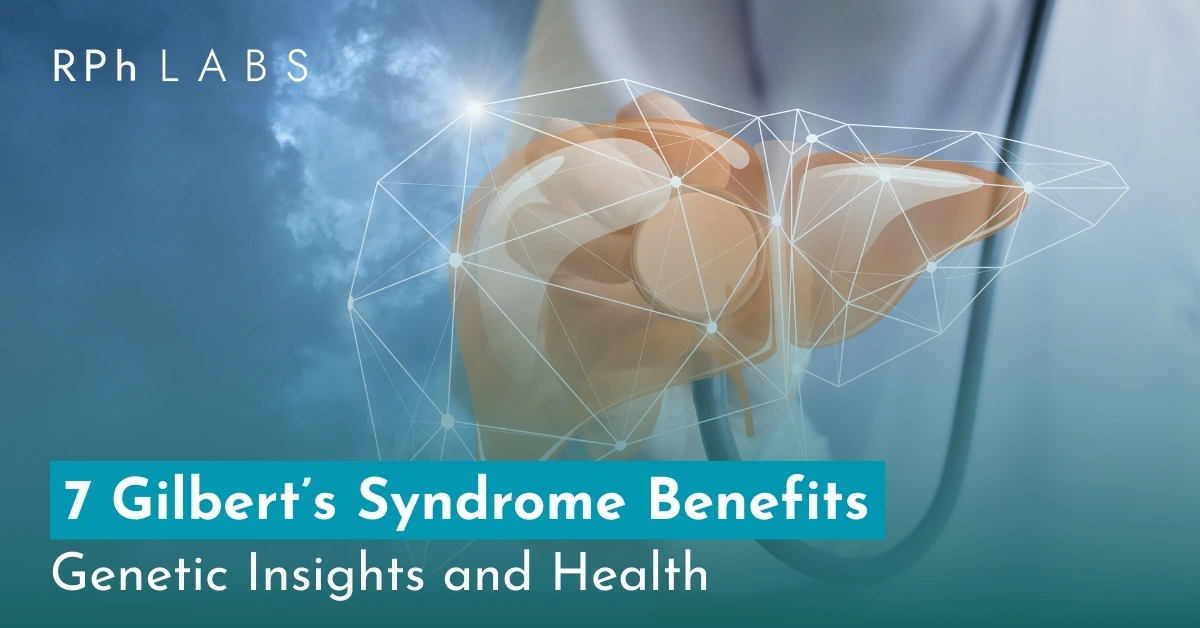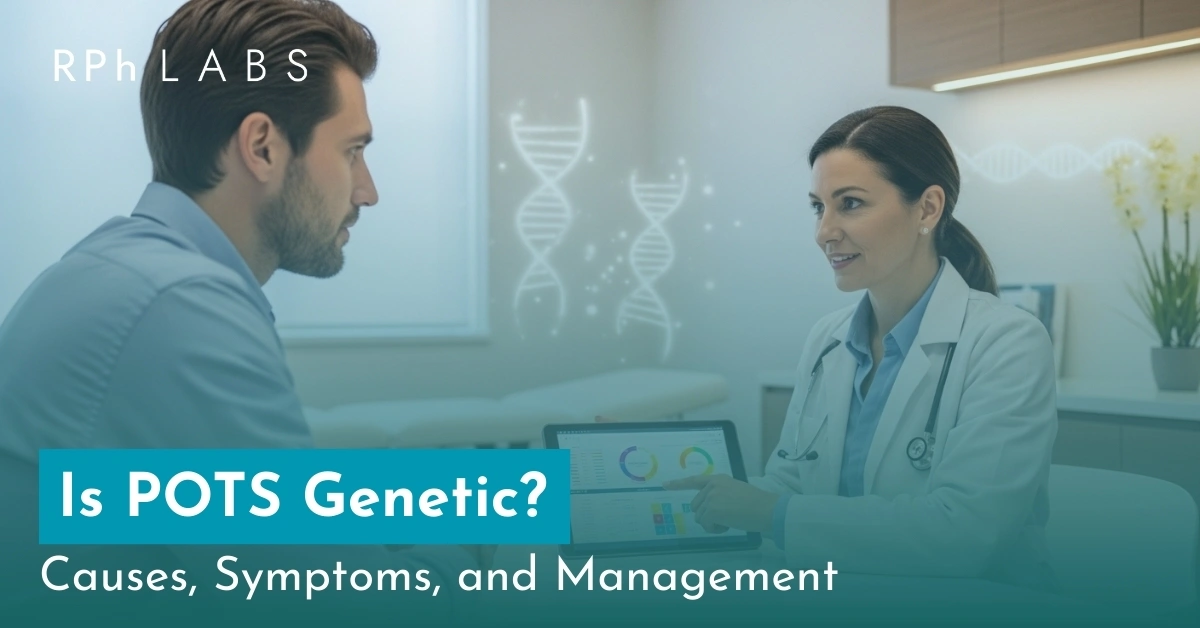Multiple Sclerosis (MS) is a chronic neurological disease that affects the central nervous system (CNS), where the body’s immune system attacks its own nerve fibres and myelin (the protective layer around nerve fibers), mainly in your brain and spinal cord. And if you are wondering, ‘Is MS Hereditary?’, while not always hereditary, having this disease […]



